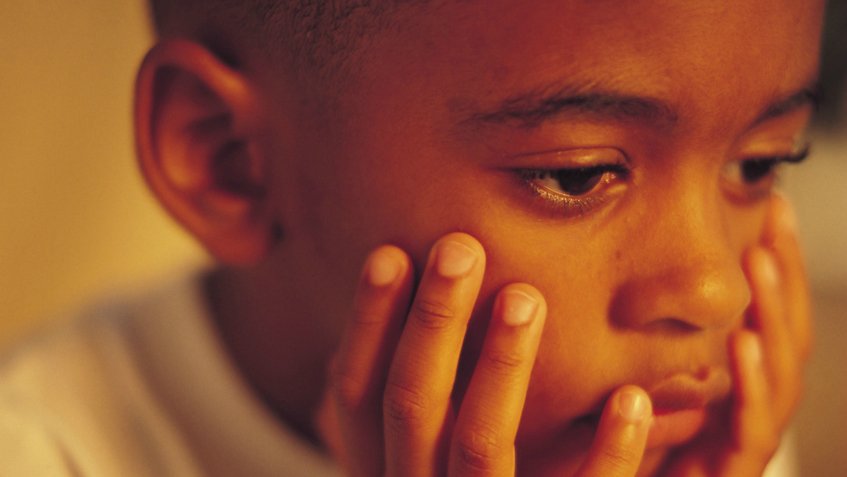
Child Sexual Abuse: How to Protect Your Kids?
Child sexual abuse is when an adult or older or stronger child persuades, tricks or forces a child into sexual activity. It includes sexual acts, inappropriate touching, showing the child pornography or sexual acts, or involving them in prostitution.
Threats may be used to keep the child silent. Children may be scared that they will get into trouble if they tell. They often feel that no-one will believe them. Some children might feel embarrassed or ashamed or think that what is happening is normal. Child sexual abuse can happen in families and communities of any income, culture or religion. While abuse by strangers does happen, most sexual abuse is by someone a child trusts.
Sexual abuse of children is a crime. It causes serious harm to children and their families. The effects can last a lifetime. There are things that parents can do to help children recognize when something is wrong, and to tell others about it. They have to teach children about risky situations rather than dangerous people.
What parents can do?
Make time to talk with your child each day. Stop what you are doing and really listen. Talk about the good things that happen and the things that worry them. Let them know they can talk to you at any time and there is nothing so bad that they cannot tell you about it.
Talk about safety from an early age. Talk about what being safe means and what it feels like. Help children to know body signals that tell them when something is wrong, like shaky legs, sweaty palms and bad butterflies in the tummy. Teach them to name their feelings and to tell you when they feel scared or confused.

Teach children about their body:
- that their whole body is private. It is not OK for others to touch their private parts
- how to say ‘No’ or ‘Stop’ in a loud voice to any touching they do not like or want. Unwanted touching should never be kept a secret
- to trust their feelings and not to keep secrets.
Teach children to avoid risks away from home, including:
- not going off alone
- being alert to what is going on around them
- running to where you are, or to a group of people if a stranger approaches them.
If they walk to school make sure they:
- always walk with friends or where there are other people
- go into the nearest shop or front yard of a house if they are scared.
The online world is risky for children. Make sure they know how to use the internet and mobile phones safely, including:
- not sharing personal information
- understanding that people in chat rooms may not be who they seem
- not agreeing to meet new online friends without you
- not taking photos of themselves to share
- the risks of using webcams.
If they get phone calls or texts that make them confused or scared, make sure they do not respond. Keep the number so you can tell the Police if needed.
